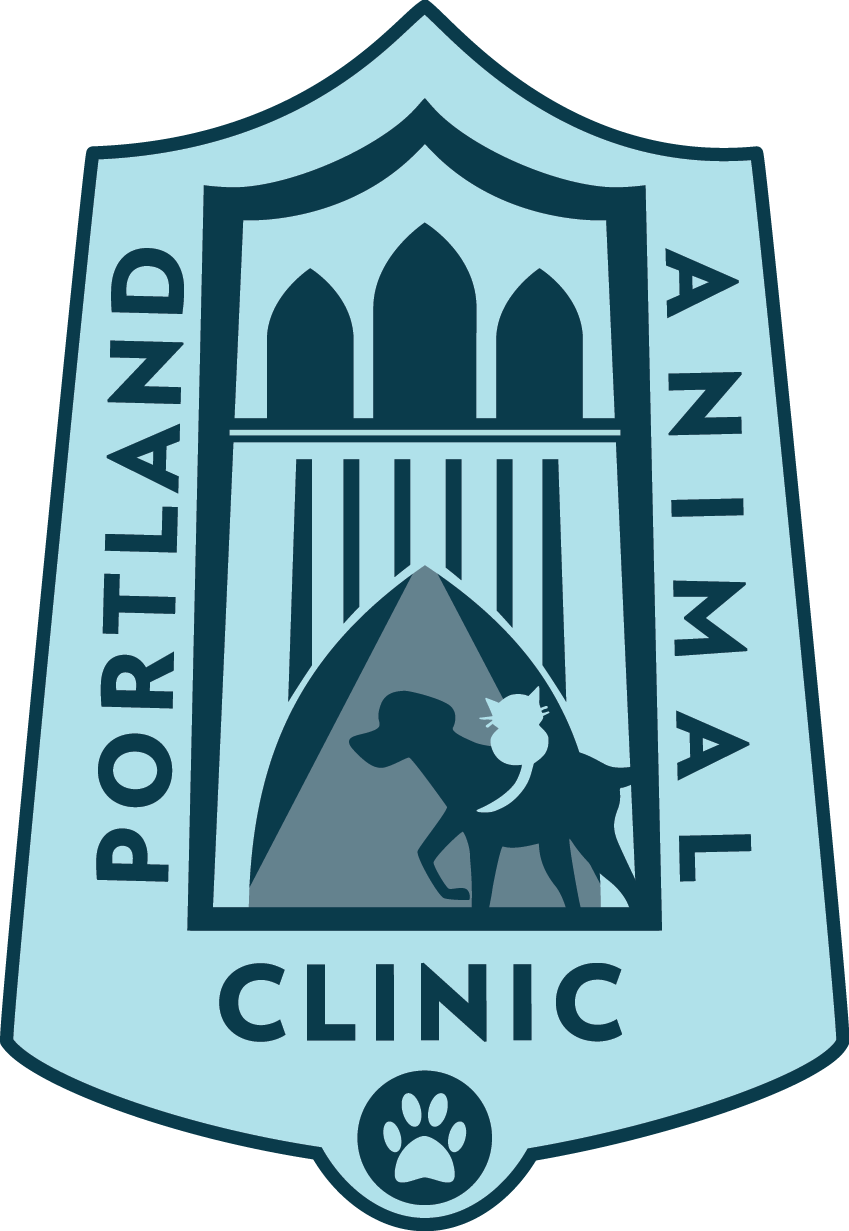Dog Diets
hings to know about your dog’s diet
There are many good diets on the market for your dog today, and if your dog needs a specialized diet, your veterinarian probably carries a prescription diet to help.It’s generally a no no to feed your dog human food,especially table scraps, partly because your dog is not used to the levels of spice and salt in our foods, but also because it doesn’t help with your pet’s weight management.
Does my dog need a meat based diet?
Dogs and humans are both examples of omnivores. Because of the dietary needs of dogs, both their tooth structure and intestinal tract have become adapted to an omnivorous diet. This means that, under normal circumstances, dogs can meet their nutritional needs by eating a combination of plant and animal foods.
The source of the proteins and fats is less important than the quality and digestibility of these essential components of the dog’s diet. Dogs can thrive if they are fed a properly balanced vegetarian diet. However, an all-meat diet would be unbalanced and would not meet all of a dog’s nutritional requirements.
I was told that dogs cannot digest carbohydrates. Is this true?
To meet their energy needs, dogs have evolved to use proteins and fats as their primary energy sources, but they can also use carbohydrates for energy. The fact that the dog’s digestive system produces enzymes that are specific for digesting starches and sugars shows that they are capable of digesting carbohydrates. However, complex carbohydrates such as grains are more digestible when they are cooked.
What are the nutritional requirements for dogs?
The six basic nutrients are water, proteins, fats, carbohydrates, minerals, and vitamins. These essential nutrients are required as part of the dog’s regular diet and are involved in all of the basic functions of the body. The minimum dietary requirement has been established for many nutrients. The maximum tolerable amounts of some nutrients are known, and results of toxicity have been established. What is less understood is what may happen over time with marginal deficiencies or excesses.
Apples
If your dog will munch on some apple slices, they are a good source of fiber, vitamins A and C, omega-3 and -6, antioxidants, flavonoids, and polyphenols. You should avoid giving your dog apple seeds though.
Bones
Safe bones for your pet are specially prepared to be almost hard and difficult to shatter. Poultry bones are too soft and prone to break, which can cause a puncture.
Eggs
Loaded with protein and a host of vitamins and minerals,
Fish
Fish is an excellent source of protein for Scooter and can be a lifesaver for dogs with meat allergies. -Although some raw-diet enthusiasts recommend sushi and even the occasional whole raw fish, there are parasites that can be extremely harmful (notoriously one in salmon) that cooking quickly destroys. Be wary of fish bones.
Grains
Contrary to popular belief, grains are an important part of a balanced canine diet; but like humans, some pooches are sensitive to certain grains. Rice, oats and -barley are good options to look at if you suspect food allergies.
Ice cream
Dogs are generally lactose intolerant, yet for some reason they love dairy products. A spoonful of ice cream—or -frozen yogurt, which has less lactose than ice cream—every now and then shouldn’t bother Barney (but do keep an eye on him to see if he -experiences any tummy distress). Also, be sure the ice cream doesn’t contain ingredients that are harmful to dogs: chocolate, coffee, raisins, and certain nuts, to name just a few.
Jerky
The FDA has cautioned against feeding dogs chicken jerky from China, and some U.S. companies issued voluntary recalls of jerky treats because of fears of melamine-tainted gluten, also from China. But there are lots of safe jerkies, and dogs go wild for it.
Nuts
Never give your dog -walnuts or macadamia nuts! Both are extremely poisonous for pups (a toxin in macadamias can lead to tremors and hind-quarter paralysis). Cashews and peanuts are better, but nuts in general are high in calories and phosphorous (which can lead to bladder stones in dogs), and they’re often salty. An occasional peanut or cashew is fine, but do make it a special treat.
Pumpkin
Good for upset tummies, canned pumpkin has fiber and beta-carotene, which the body converts to vitamin A. Too much Vitamin A is highly toxic to dogs—but a couple of teaspoons a day for little pups, or a couple of tablespoons for bigger pups should not cause any issues.
Treats
Every single dog deserves a treat now and again. And that’s the key: now and again. A cornerstone of many training methods, treats provide almost as much joy to the giver as to the recipient. But unfortunately, like most wonderful things in life, they come with a catch: Even healthy snacks have calories, so make sure you count goodie calories as part of your pup’s daily intake.
Weight matters
Alas, humans aren’t the only animals getting wider, and obesity in dogs leads to the same kinds of problems that it does in us: diabetes, increased cancer risk, and liver disease—to say nothing of the toll it takes on joints. One solution, along with lots of exercise, is strict food portion control.
Obesity is the most serious medical problem facing dogs in the U.S. today. Consult your vet if you’re concerned; the chart he’ll use as the deciding factor looks something like the one here.
TOXIC LIST
Here are some common people foods that should never be pup foods: avocados, alcohol, baking soda and powder, caffeine, chives, chocolate, corn cobs, fruit pits and seeds, garlic, grapes, macadamia nuts and walnuts (see “Nuts”), milk and milk-based products, mushrooms, nutmeg (and other spices), onions, raisins, rhubarb leaves, tomatoes (especially stems and leaves), xylitol (found in many candies and gums), and yeast dough.

